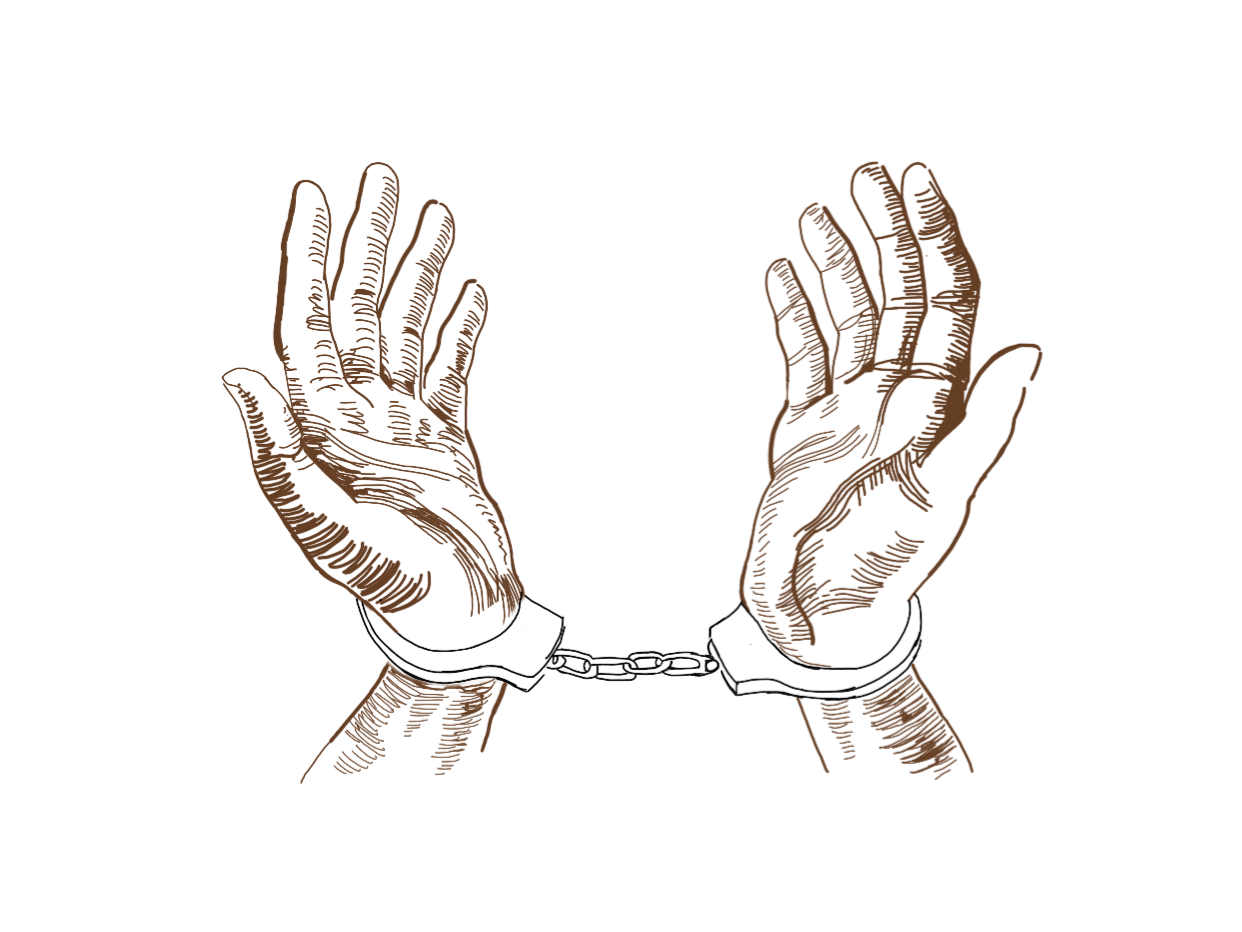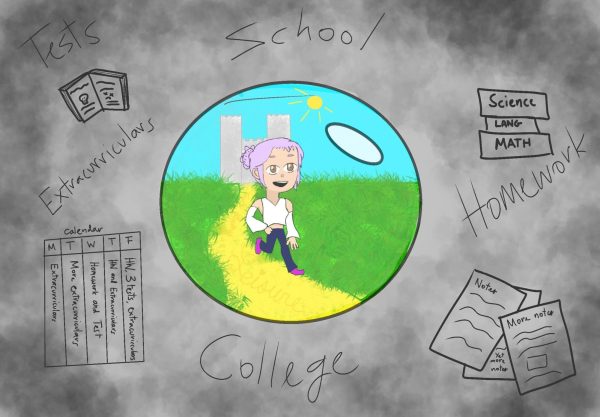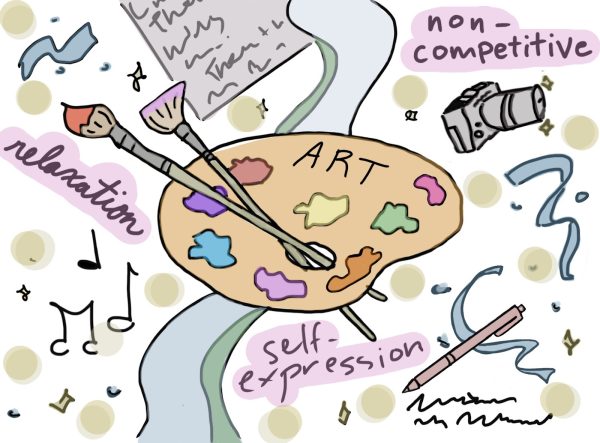Whitewashing American history: textbooks reflect neglect toward slavery
Remembering history that is well-known, tragedies that are well-forgotten
The Civil War is a pivotal unit in every U.S. history class. The discussion about the divided North and South spurs riveting conversations and debates. But the information we are taught is only surface level.
The history of the first African American slaves to set foot in English colonies in 1619 and the significant role slaves played in the establishment of this nation is barely, or not even, touched on. Our textbooks simply reflect our refusal to confront our neglect toward slavery.
Ever since the Civil Rights Movement of the late 1960s, there has been grassroots pressure by activists to change the textbooks used in U.S. schools. Some progress has been made, but not enough.

At that time, blatantly racist references to Africa and favorable comments about slavery were eliminated, photos were diversified and stories of famous African Americans and women began appearing in scattered sidebars, according to Zinn Education Project.
Sanitizing American history only minimizes the desperate need for conversations about controversial topics. This leads to a lack of education on the topics that shaped America, including slavery and race.
Instead of students learning about slavery’s impact on America independently, schools should provide this information to teach students about racial injustice and how it has benefited the country.
In addition, most historians still seem unwilling to face the overwhelming influence slavery had, both directly and indirectly, on our most sacred national institutions, according to the Los Angeles Times.
Slavery wasn’t hidden either. It was a fundamental contributing factor to early American life.
For the slaves who toiled away countless hours on plantations, tending to and harvesting cotton, sugar, rice and tobacco, slavery defined how they lived and the way they viewed themselves.
Not only did the South benefit from slavery, but the North also exploited slaves for their textile mills, leading to the success of America’s early economy, according to The American Civil War Museum.
However, history textbooks portray the North as a complete safe-haven from slaves, when it’s not. By making the North look like a place where slaves are free and safe, we are doing nothing but hurting the conversation about race — more so, denying that a problem exists within our textbooks in the first place.
Our misleading textbooks should be a wake up call to the urgency of a much needed education reform — to prevent this type of discrimination and ignorance from happening in the future.
Additionally, states are not mandated to meet certain standards for social studies, according to The New York Times. This means that, nationwide, there is a discrepancy within the education system and the lack of consensus leads to varying proficiencies within social studies content, including topics like slavery and racism.
This also means it is up to the teacher or social studies department in each school to teach a curriculum they feel should be taught, inevitably causing a lack of consistency in content between schools across the nation. More important, it puts a huge responsibility on individual teachers to diversify their curriculum by finding the right documentaries and providing a space for important discussions.
The foundational goal of diversifying American history education should be to present information from different views. Rather than devoting one or two paragraphs to talking about the pain slaves underwent, textbooks should delve deeper into the slave’s perspective, talking about their journeys from Africa to the United States and their experiences in Africa versus their experiences in the U.S.
As the generation who will soon be filling in the shoes of doctors, lawyers, teachers and politicians, there should be a greater sense of urgency to educate us about our history — from all points of view. Remembering American history does not only mean the history historians want us to hear, but also the harsh realities and the tragedies that have been historically overlooked.















